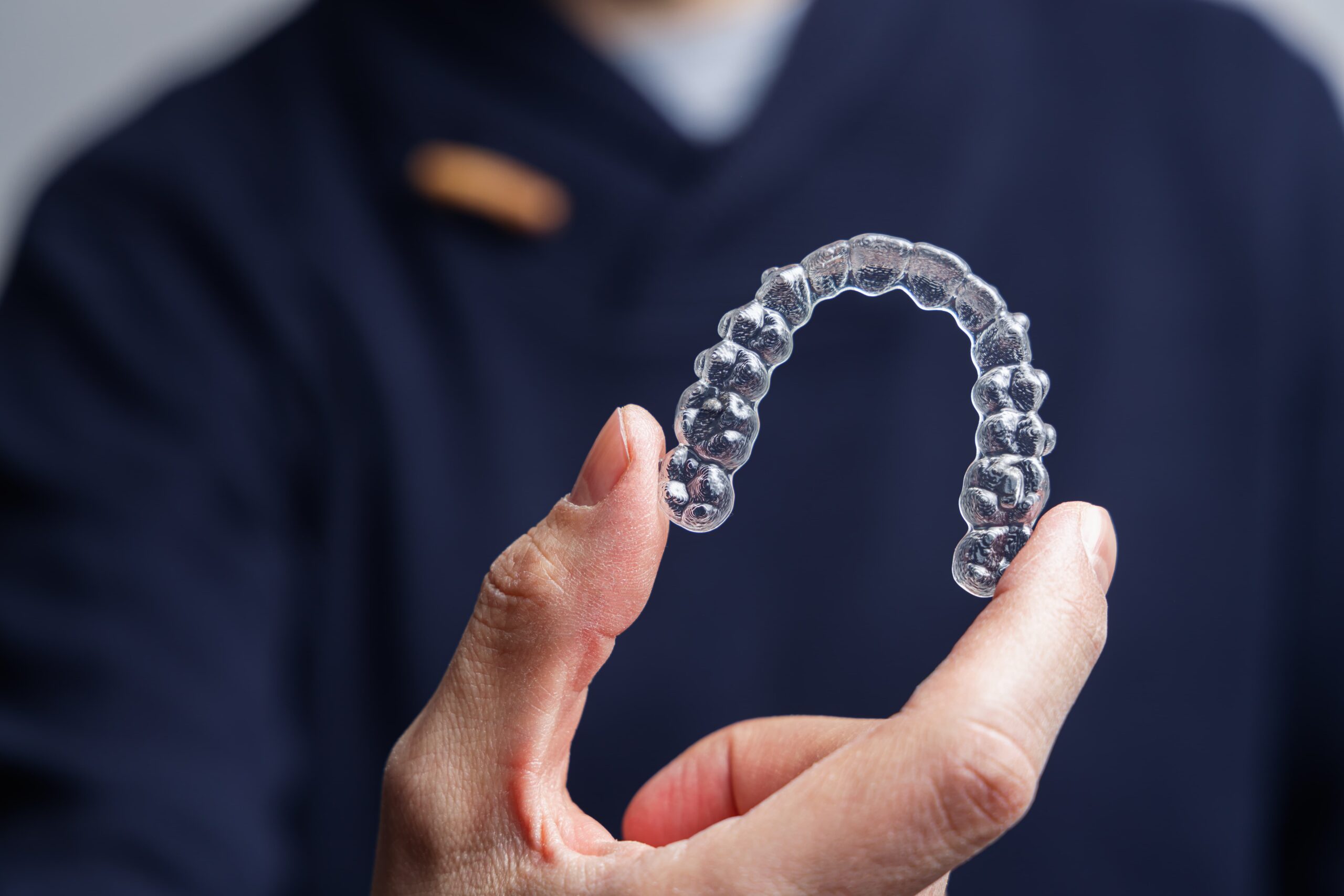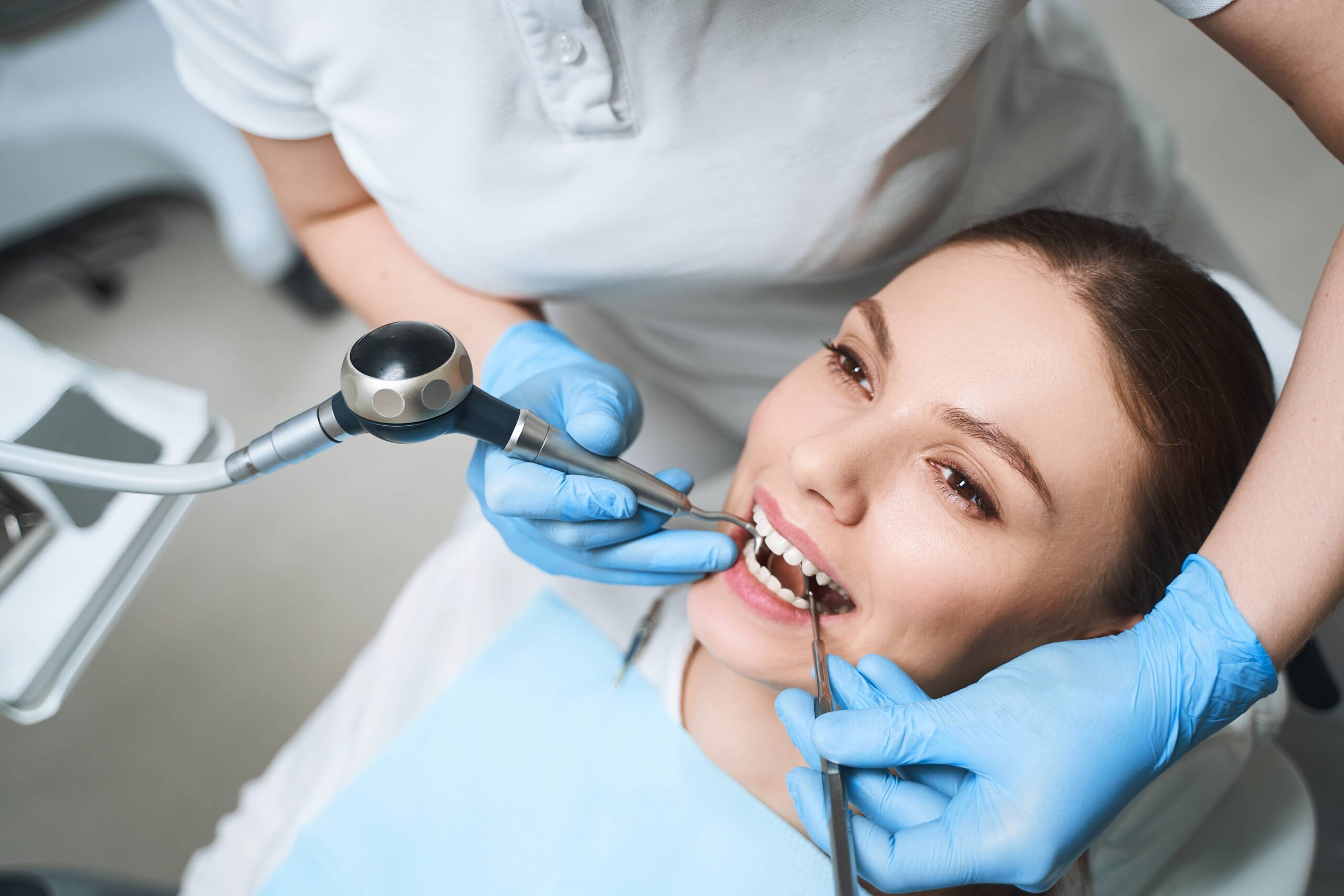Cavities Uncovered: What Causes Them and How to Stop Them in Their Tracks
Cavities, also known as tooth decay, are more than just an inconvenience—they’re actually infectious. Surprisingly, the bacteria that cause cavities can even be passed from person to person through something as simple as kissing. With so much misinformation out there, it’s important to know what to look for and how to protect your teeth when it comes to decay. If you notice white spots, sensitivity, pits, or pain, for example, it could be a sign of mineral breakdown on your tooth enamel.
Fortunately, there are ways to prevent and treat cavities. With a little knowledge and quality oral care, you can maintain a healthy smile.
What Is a Cavity?
A cavity is a hole in your tooth caused by the breakdown of enamel due to tooth decay. This decay often results from indulging in too many sweet treats, neglecting brushing, or frequently consuming sugary drinks.
When acid erodes the hard outer layer of your teeth, it creates an opening that can lead to pain, bleeding, and bad breath. Cavities won’t heal on their own, so taking proactive steps to prevent and treat them is essential.
What Are the Different Types of Cavities?
The Mayo Clinic recognizes three main types of cavities, and a top dentist in Denver will be able to identify and treat them all:
- Surface Cavities: These occur on the smooth sides of your teeth, where acids eat away at the enamel coating.
- Root Cavities: These cavities develop quickly because the roots of your teeth lack the protective enamel coating. Receding gums often lead to this type of decay.
- Pit and Fissure Cavities: Commonly found on the chewing surfaces of your back teeth, these cavities form in the grooves and pits and are the most prevalent.
What Causes Cavities?
Cavities result from a combination of factors, but at their core, they are caused by harmful bacteria in your mouth. According to the National Institute of Dental and Craniofacial Research (NIDCR), while some bacteria are beneficial, others can be detrimental, particularly those involved in the tooth decay process.
These harmful bacteria use sugars from the foods we eat to produce acids. Over time, these acids erode the enamel, leading to cavities.
Many of the foods we enjoy—such as pasta, chips, soda, chocolate, sports drinks, alcohol, and anything processed—contain sugars that contribute to cavity formation.
How Do You Treat Cavities?
If left untreated, cavities can penetrate deep into your tooth, leading to more serious issues. Here are some common treatments for cavities:
- Fillings: This safe and effective treatment involves removing decayed material and filling the cavity to prevent further decay. Fillings are cost-effective and can also alleviate sensitivity and pain.
- Crowns: Same-day crowns are a reliable option for protecting a damaged or decayed tooth. They keep bacteria and acids out, and a well-placed crown can prevent cavities from forming beneath it. For active lifestyles, same-day crowns offer a convenient solution without disrupting your routine.
- Root Canals: If you have severe decay or infection, root canal therapy may be necessary. This procedure removes the infection and can save the tooth, relieving pain and preventing future problems. If extraction is needed, your dentist might recommend a dental implant or bridge to restore function and appearance.
- Sealants: For those prone to cavities, a transparent resin sealant can be applied to your teeth. Sealants protect your teeth by sealing off crevices where plaque and acid can accumulate, providing long-lasting defense.
When searching for the best dentist in Denver, it’s important to find one who offers both advanced technology and a compassionate, patient-centered approach. A dental appointment might not be something you look forward to, but a welcoming and caring dentist can make all the difference.
How Can I Prevent Cavities?
Developing an effective oral hygiene routine that wards off tooth decay starts with undergoing a thorough dental cleaning in Denver. During the appointment, your provider will address and treat any minor issues before they cause major problems. They will also share effective strategies for keeping future cavities at bay based on your unique circumstances.
In the meantime, here are some general tips to keep in mind:
- Stay Hydrated: Dehydration can reduce saliva production, which is essential for protecting your teeth. Drinking water helps produce saliva, which acts as a barrier between healthy bacteria and harmful substances. Plus, most water contains fluoride, which can help reduce tooth decay.
- Brush Regularly: The tried-and-true method for preventing cavities is brushing your teeth twice daily. Use circular motions and gentle pressure to clean your teeth without damaging your gums.
- Floss Daily: Flossing is crucial for removing food particles and any accumulated plaque from between your teeth. Incorporating flossing into your daily routine can significantly improve your oral health.
- Eat Crunchy Fruits and Veggies: Unsurprisingly, crunchy fruits and raw vegetables can help clean plaque from your teeth. These natural foods act as a gentle scrub for your enamel.
- Promote Saliva Production: Saliva naturally removes food particles, dilutes sugars, and neutralizes acids produced by bacteria. Avoid anything that causes dry mouth, as this reduces your mouth’s ability to combat acid.
Remember, old fillings or worn dental devices can also contribute to cavities, so it’s crucial to have them checked regularly by a downtown Denver dentist.
Schedule a Dental Cleaning in Denver Today
At Icon Dental, we pride ourselves on fostering a warm, family-friendly environment for our patients. We understand that dental anxiety is common, and we’re committed to making every patient’s experience as positive as possible.
Ready to experience the Icon Dental difference? Call 720.645.2153 or contact us here to schedule your 90-minute new patient appointment today.



